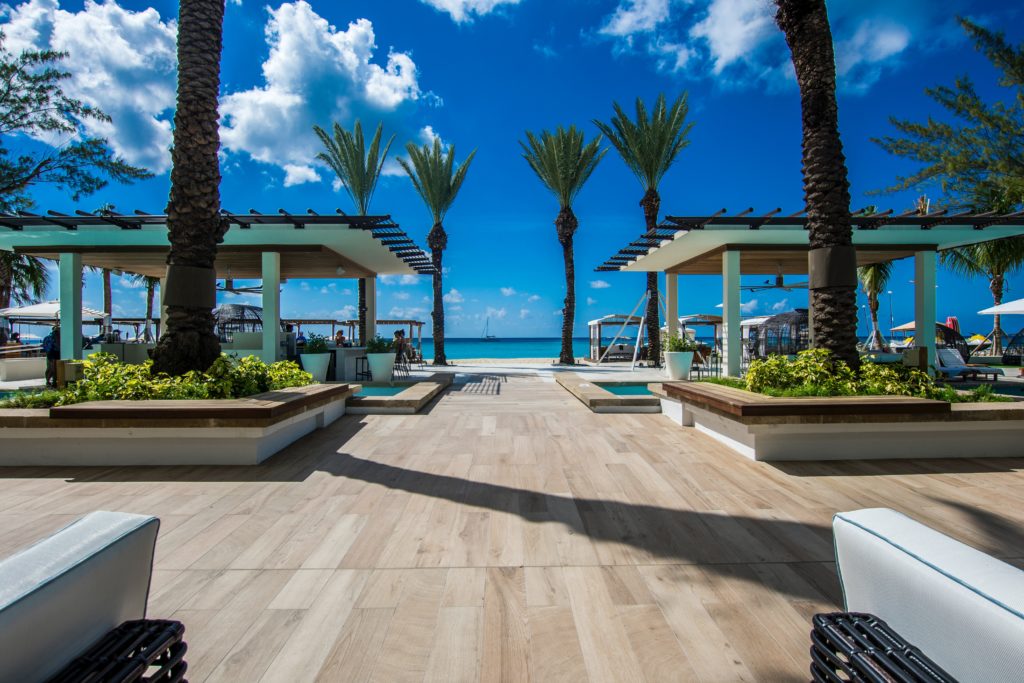The Cayman Islands are a group of islands and a British overseas territory in the Caribbean Sea. They are located to the northwest of Jamaica. One of the country’s greatest advantages is the warm tropical climate, and tourism is crucial to the nation’s economy. In the Caribbean, they have the greatest per capita income. The nation’s economy is reliant on banking, tourism, and other services, but in recent years, international finance has also grown to play a significant role in the economy. Transparency in the country is ensured by the absence of direct taxes and lax financial regulations. The Island imports a lot of petroleum, food, manufactured goods, machinery, and transportation equipment.
The Cayman Islands’ top trading partners include the United States, Jamaica, the United Kingdom, and Japan. They include first-class facilities, lodging, communication systems, a wide range of recreational opportunities, and the stunning. The Cayman Islands are the perfect place to conduct business because they are only one hour from Miami and three hours from New York. The economy and way of life are significantly influenced by tourism. It offers its citizens employment and economic possibilities while presenting the natural beauty and cultural history of its Islands to tourists from all over the world.
Traditional performance measures, including visitor arrivals, employment figures, and GDP contribution, all attest to the Cayman Islands tourism industry’s success.

Organization and authorization
In the Cayman Islands, there is a distinction between resident firms that operate locally (commonly referred to as “Local Corporations”) and exempted companies, which do most of their operations outside of the territory.
A Trade & Business Licence (T&B Licence), with a few exceptions, is sufficient to launch a local business. The provisions of The Local Companies Law (LCCL) may apply if there is foreign ownership or control unless at least 60% of the shares and at least 60% of the directors are Caymanians. Local Companies must apply for and get an LCCL license if not, applicants may need to submit a variety of license and registration applications to the necessary boards in healthcare, tourism, music, and dancing, as well as extra requirements for forming and licensing a company, depending on the type of business.
To obtain a T&B or LCCL license, you must apply through the Trade & Business Licensing Board. Include all relevant forms and documentation supporting your firm, directors, and shareholders. Depending on your immigration status and historical ties to the Islands, different documents will be required. Getting a local attorney to guide you through this is worthwhile.
LCCL license application
An LCCL Licence application is a little trickier to complete. When deciding your application, the board must take the LCCL’s customized approach into account. The board has sole discretion over whether to approve any LCCL licenses.
To rent out your house to tourists on a short-term basis, you need a tourism accommodation license. According to Section 8 (1) of the Tourism Law (1995), “No person shall operate a tourist accommodation without a license on that behalf from the Board”.
The tourism law also states in section 14(2) that anyone who “operates, attempts, or offers to operate any tourist accommodation while not licensed in that behalf is guilty of an offense and is subject upon summary conviction to a fine of one hundred dollars ($100.00) per day in respect of each tourist to whom such accommodation is provided or offered”.
Each year, you must submit a new application together with the relevant costs to renew the tourism accommodation license for your building.
Each year on August 31st, the licenses for apartments/condos, villas, and guesthouses expire. Before September 1st of each year, all properties must have licenses.
Every year on October 31st, hotel licenses expire. Before November 1st, hotels must obtain a license.







